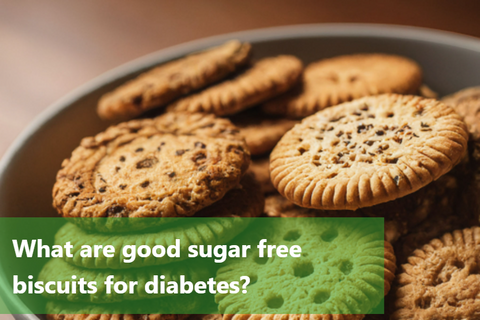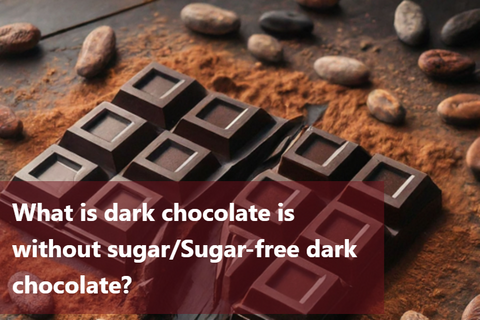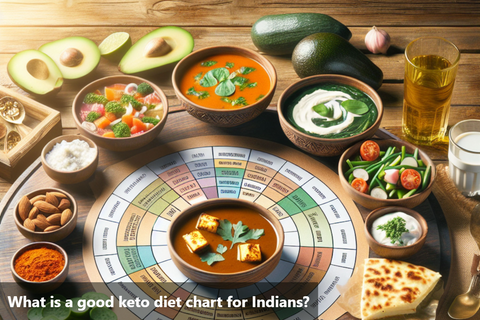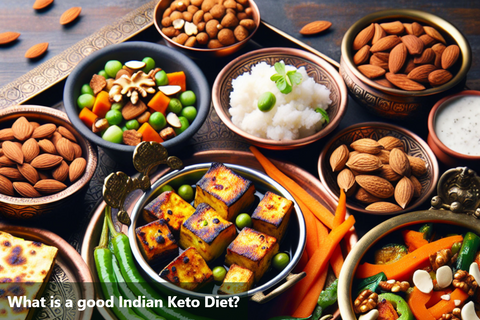
Diabetes: Proof that High Carb Intake is the Culprit
Goes without saying, an increased BMI is linked to insulin resistance and diabetes. Nutrition guidelines have been emphasizing the importance of reducing dietary fats and carb-laden foods. Even as studies find the association between high carb intake and metabolic dysfunction, how the body processed carbs eaten in a single meal has remained a mystery.
In a study conducted earlier this year, the researchers from Harvard-affiliated Brigham & women’s hospital and Boston medical center studied healthy individuals and overweight participants as they ate carb-laden foods. They found that excess carbs contributed to metabolic dysfunction by blocking the synthesis of key antioxidants and that increased insulin levels exacerbated the issue.
The research also pointed out that if excess carb consumption isn’t controlled, even the conventional ways of treating diabetes like insulin administration might get harmful. Also, biopsies of the study participants confirmed that amongst those with high BMI, the changes in the fat tissues represented a form of metabolic stress seen in insulin resistance and type 2 diabetes.
People with type 2 diabetes are often treated for lowering blood sugar than preventing carb overfeeding. But the researchers emphasized that if carbohydrate overfeeding isn’t controlled, even the conventional treatments might cause more harm than good.
At Lo! Foods, our new diabetic-friendly line of products are specially formulated using Low Carb ingredients that release glucose slowly into the bloodstream. Result: 50% Lower Sugar Spikes and effective sugar control. From atta and snacks to sugar-free sweetener, we have a wide range of diabetic-friendly foods that are high on taste and low on glycemic index.
This Blog post is an initiative by Lo! Foods, to provide accurate and Nutritionist / Doctor approved information related to Health. Lo! Foods is India's leading brand for Everyday Functional Foods. Foods designed for specific Health conditions or Needs. Lo! Foods also runs India's largest range of Low Carb Healthy Cloud Kitchens, under the brand names of Lo!, ProteinChef, ATH (All Things Healthy) and DiabeSmart.













Leave a comment
Your email address will not be published.